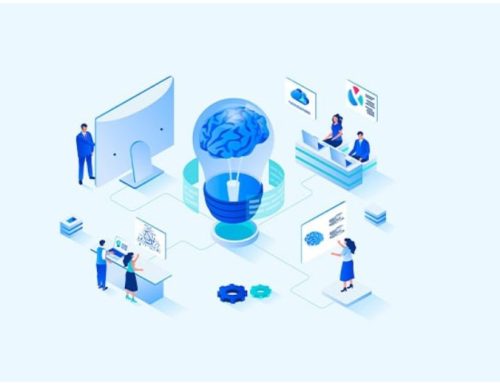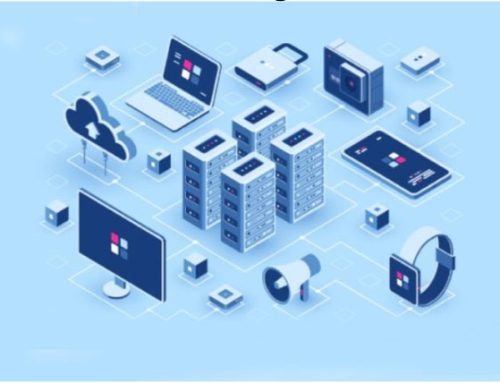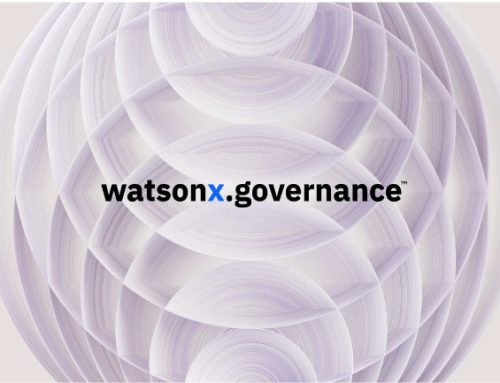
Fostering a Culture of Excellence: Continuous Skills Development and Assessment in IT Teams
Fostering a culture of excellence through continuous skills development and assessment is the key to maintaining a competitive edge in this ever-evolving IT landscape. This approach prepares IT teams for current technological demands and equips them to adapt to future trends and innovations proactively.
By prioritizing skill enhancement and regular evaluation, organizations can cultivate a workforce that is not just technically proficient but also agile and forward-thinking, essential qualities for success in the dynamic world of IT. At ASB Resources, we understand that the core strength of any IT team hinges on its ability to adapt, learn, and grow with the changing technology environment.
Why Continuous Skills Development Matters in IT
The IT sector is dynamic, with new technologies, frameworks, and methodologies emerging rapidly. This constant evolution demands that IT teams be proficient in current technologies and anticipate and adapt to future trends. Continuous skill development ensures that your IT team remains at the forefront of technological advancements, offering innovative solutions to complex problems.
Additionally, this constant evolution can sometimes lead to the ‘chasing’ of new technologies, potentially causing a lapse in deepening expertise in foundational areas. An overemphasis on trending skills might overlook the need for a solid grasp of fundamental IT principles, which are often crucial in critical thinking and problem-solving.
Moreover, in an industry where obsolescence is common, continuous skill development can paradoxically lead to a skills overload, where team members feel pressured to learn every new technology, leading to burnout and reduced productivity.
What is the Role of Continuous Assessment in IT?
While skill development is vital, continuous assessment is equally important. Regular evaluation of skills ensures alignment with industry standards and identifies gaps that need addressing. This approach allows IT managers to strategically plan training programs strategically, ensuring their teams are equipped to handle upcoming challenges and opportunities.
However, continuous assessment risks creating an environment where team members are constantly scrutinized, potentially impacting morale and creativity. The challenge lies in implementing these assessments in a way that is seen as supportive rather than punitive.
An overly rigid assessment framework can stifle innovation by making team members hesitant to experiment with unproven technologies or methods. Hence, assessments should be designed to not only evaluate current competencies but also encourage exploration and innovation.
Cultivating a Culture of Learning and Excellence
Creating a culture that prioritizes skill development requires more than just occasional training sessions. It involves embedding learning into the very fabric of your organization. At ASB Resources, we encourage a holistic approach:
1. Regular Training Workshops
Organizing workshops on the latest technologies, tools, and best practices keeps the team updated and ready to tackle new challenges. These workshops serve as a platform for your team to gain hands-on experience with emerging technologies, ensuring they’re not just familiar but proficient in their application. Moreover, these sessions provide a space for team members to discuss innovative approaches and problem-solving techniques, enriching their professional toolkit.
For instance, consider a workshop centered on the latest cloud computing advancements. In this workshop, team members engage in a hands-on session creating a cloud-based application guided by industry experts. This experience not only enhances their technical skills but also ignites discussions on how to integrate these new cloud solutions into current projects, leading to innovative and efficient work practices.
2. Mentoring and Peer Learning
Encouraging mentoring and peer-to-peer learning fosters a collaborative environment where knowledge is shared and skills are honed continuously. Mentoring, especially from seasoned professionals, provides invaluable insights into real-world problem-solving and career growth, offering a personalized learning experience. Peer learning, on the other hand, promotes a sense of teamwork as employees learn to leverage each other’s strengths and perspectives, building a more cohesive and versatile team.
Imagine a scenario where a junior developer is mentored by a senior team member in mastering a new programming language. The mentor provides practical tips and insights gained from years of experience, greatly accelerating the junior developer’s learning curve. Simultaneously, a peer learning group is formed to explore the language, sharing different approaches and solutions, leading to a deeper collective understanding and improved teamwork.
3. Performance Metrics
Setting clear performance metrics related to skill development helps track progress and identify areas needing improvement. These metrics provide tangible goals for team members, encouraging them to actively focus on their professional development. Furthermore, they offer management a clear view of team competencies, allowing for more strategic decisions in project assignments and team formations ensuring the right skills are utilized in the right places.
For example, a software development team sets a metric to increase proficiency in a new programming framework within three months. Team members are given specific goals, such as completing certain modules or building sample projects. Regular evaluations show progress and areas needing more focus, leading to targeted training. This approach elevates individual skills and optimizes the team’s overall capability to handle projects requiring this new framework.
Conclusion
A highly skilled IT team is an invaluable asset. They are more productive, can solve problems more efficiently, and are better equipped to innovate. This not only enhances your business operations but also improves client satisfaction, as your team can provide cutting-edge and reliable solutions.
At ASB Resources, we specialize in hiring top IT talent and providing innovative solutions in data analytics, business intelligence, cloud computing, and more. Our expertise in the field allows us to help you:
- Identify the specific skill gaps in your team.
- Create a customized training and development plan.
- Implement effective assessment strategies to measure progress.
Are you ensuring your IT team is continually growing in expertise and capability?
Let the experts at ASB Resources help you build and maintain a team that’s not just talented but is continually evolving and adapting to new technological challenges. Schedule a call with one of our experts today!








